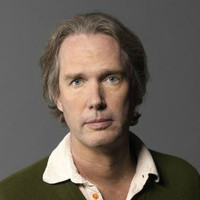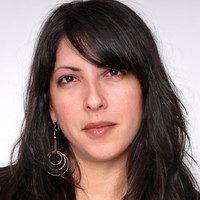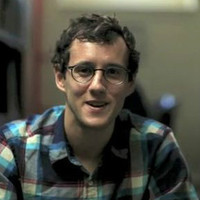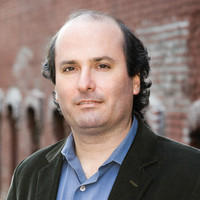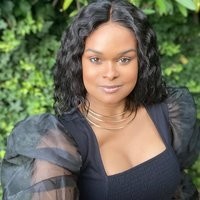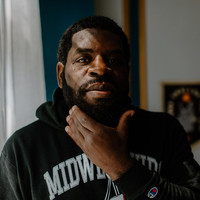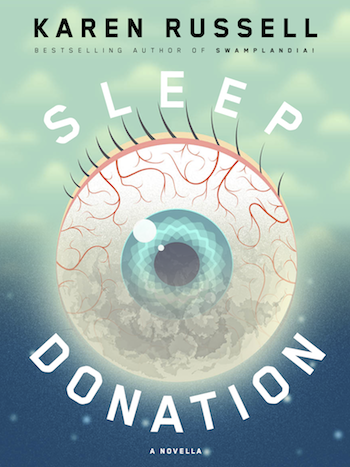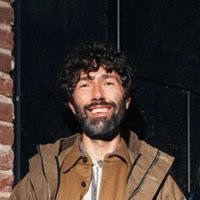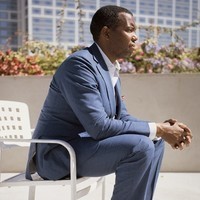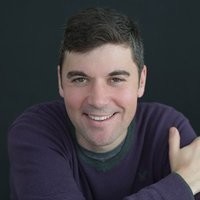Kirby Dick and Amy Ziering are documentary filmmakers. Their latest miniseries is Allen v. Farrow.
”We're constantly looking for those moments that happen before the story is ever told. Or those moments where someone is deciding to tell a story or is going through a process that they think is private. … We think there's something about getting the moment before the first moment that people normally see.”
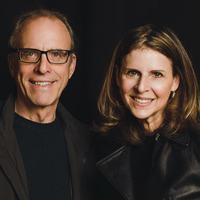


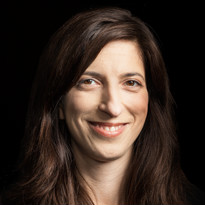 Pamela Colloff is an executive editor and staff writer at Texas Monthly.
Pamela Colloff is an executive editor and staff writer at Texas Monthly.
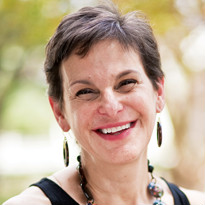 Mimi Swartz has written for Talk, The New Yorker and Vogue. She is an executive editor at Texas Monthly.
Mimi Swartz has written for Talk, The New Yorker and Vogue. She is an executive editor at Texas Monthly.
